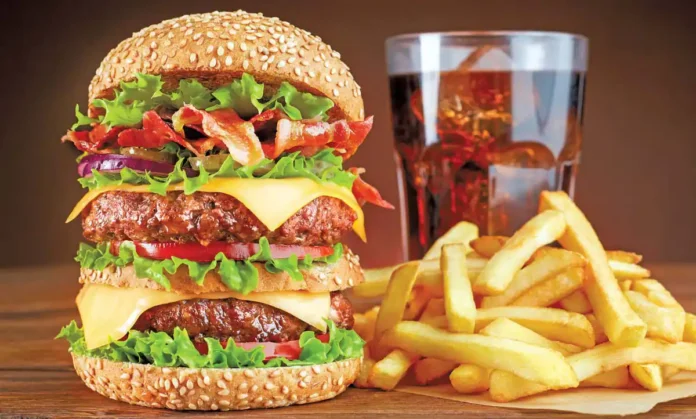
California passed a fast food bill last summer aimed at raising wages and working conditions. Opponents said it would raise costs and blocked it with a petition to let voters decide. California planned to enact the law Jan 1st anyway, but a group filed a lawsuit and won a temporary hold on it.
A group won a temporary restraining order to stop California’s plan to implement a law on Jan. 1st late last month that could, among other things, raise the industry’s minimum wage to $22 per hour. Save Local Restaurants filed a lawsuit in late December saying California couldn’t enact AB 257, or the FAST Act, also known as Fast Food Recovery Act, as planned after the group on Dec. 5 submitted a petition signed by more than 1 million Californians to put the measure on the ballot in November 2024. Save Local Restaurants includes International Franchise Association, the National Restaurant Association, and the U.S. Chamber of Commerce.
The law would give an appointed 10-member state council, or “Fast Food Council,” wide-ranging authority over fast food and fast casual restaurants in California with more than 100 locations nationwide. The council could raise the minimum wage to $22 per hour in 2023 and up to 3.5% annually after that. It could also set minimum standards for working conditions, maximum hours worked, security, and more.
Normally, a petition for referendum would put the law on hold but earlier this week, the California Department of Industrial Relations (DIR) said it would implement the law as planned. DIR said the law should only be put on hold once the petition signatures are verified and the ballot referendum is formally approved, which could take weeks.
“Since the inception of the right of referendum over a century ago, approximately 52 referendum measures have made it on to the statewide ballot, over 50% of which ended up repealed by voters,” said Nielsen Merksamer attorney Kurt Oneto, who helped file the lawsuit, in a statement. “Not in a single one of those prior instances did the State ever attempt to temporarily enforce the referred statute while the signature review process was underway.”
The Service Employees International Union (SEIU), which has pushed for the bill, claims it gives workers “a seat at the table to help set wage, health, safety, training standards across fast-food industry,” while opponents claim food prices would soar as much as 22%, bringing further hardship to those already suffering under the highest inflation in a generation.
The battle has restaurateurs and foodservice operators across the Nation watching carefully. The bill includes a provision for minimum wage in Golden State restaurants to increase to $22 per hour.
The proposed 60% wage increase for these businesses created concern that it would ultimately mean fewer small, local restaurants. That was a key lighting rod that came from research done earlier this year by Christopher Thornberg, director of the University of California, Riverside School of Business Center for Economic Forecasting and Development in a study this year supported by the International Franchise Association (IFA). For every 20% to 60% increase in wages, Thornberg estimated restaurant prices will rise 7% to 22%. Some IFA members forecast prices could rise more, possibly as much as 40%. Households with an average annual income of $35,000 would pay an extra $184 per year to maintain their current levels of consumption if wages rose 20%, Thornberg projected.
California’s Department of Finance opposed the bill in June, saying it would be expensive to enforce and “could lead to a fragmented regulatory and legal environment for employers and raise long-term costs across industries.” The department also questioned if the bill would even accomplish its goal.
About 70% of Californians, or 28 million people, eat at quick service restaurants each week. Underrepresented communities, and those who can afford it least, will be hit hardest as businesses pass on higher costs to consumers. Of 67 economists in an August Employment Policies Institute survey, 93% expect operating costs will rise, 84% said fewer restaurant chains would want to operate in California and 73% said franchisees will close restaurants. Franchise-focused research firm FRANdata estimates the bill will affect 16,753 franchised locations in California operated by 5,820 franchisees.
“The measure would establish an unelected council to control labor policy in the counter-service restaurant industry, cause food prices to increase by as much as 20% during a period of decades-high inflation, and harm thousands of small family-, minority-, and women-owned businesses across the state,” Save Local Restaurants, led by the National Restaurant Association, IFA and The U.S. Chamber of Commerce, said in a statement.
“While this pause is temporary, the impact is beyond just one piece of legislation and keeps intact for the time being California’s century-old referendum process,” noted Save Local Restaurants.
In the meantime, the Secretary of State will continue conducting the “random sample” verification to ensure that enough of the signatures on the referendum petition are valid. It has until Jan. 25 to conduct that sample. If more than 66% are valid, then the petition is considered verified, and the law would be frozen until the election in November 2024.

























